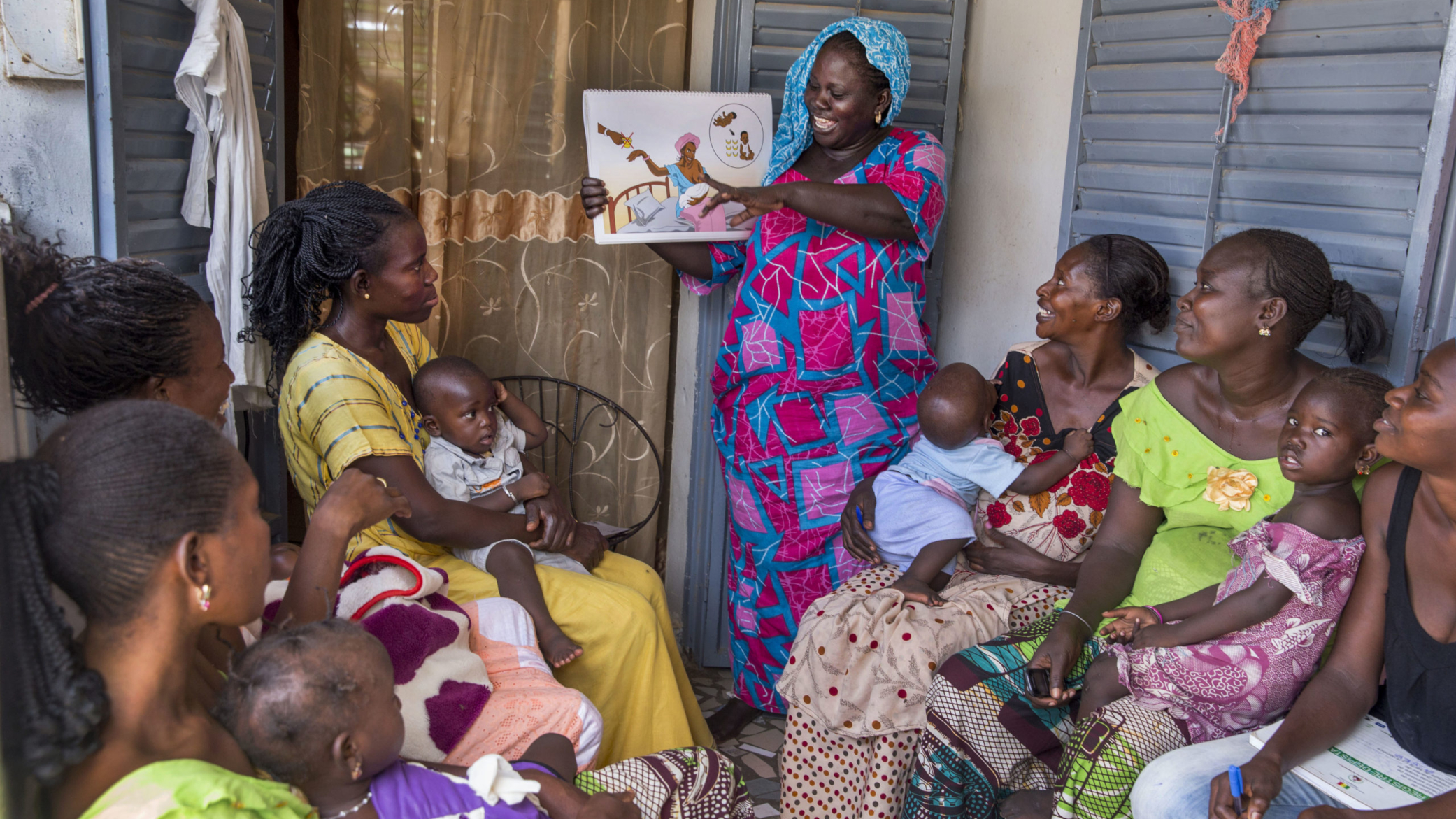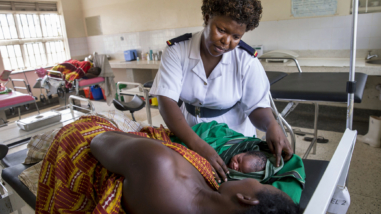Shifting the power in global development: Should we stay or should we go now?

A path forward?
The reality is that finding a path forward has already begun. Jonathan Glennie’s “The Future of Aid” proposes that we say goodbye to the “patronizing language of foreign aid” and create a sustained system of “global public investment” wherein all countries can contribute to, benefit from and govern together to advance universal SDGs (if you cannot tackle the book, this YouTube presentation offers an accessible overview of his key points). Another example of new thinking, the RINGO project plans to convene a dedicated group of forward-thinking practitioners and funders to diagnose the changes in values, governance and systems that are required for more equitable partnerships, to apply design-theory to prototype new models. These are exciting ideas that deserve support.
Funders can and must be more imaginative, starting by developing a truer understanding of contemporary civil society in the Global South, its potential, and how best to support it. This includes learning from some of the successes and moving beyond the failures of the “localization agenda” of the past two decades. A good place to start will be to listen to and work in equitable partnership with civil society in the Global South. The West Africa Civil Society Institute (WACSI) found in a 2020 survey of civil society organizations (CSOs) [609 respondents: 86% from Africa, 6% from South America, 4% from Asia and Middle East, and 4% from North Africa] that:
- Indigenous CSOs often work as either contractors hired to accomplish specific tasks or receive highly-restricted program and project funding on short funding cycles—the provision of core support and more flexible funding is still a rarity.
- This funding is too often focused only on project implementation; investments in CSO and local institutional capacity remain meager.
- Much of this funding is still channeled through INGOs who set the “terms of engagement” for the partnership that can create inequities in how resources are allocated, how decisions are made and imbalances in responsibility versus accountability.
- Frameworks for evaluation, reporting, and accountability are not well-informed by CSO knowledge about their local context.
- Spaces for CSOs to genuinely influence priorities and planning remain limited and episodic.
These findings suggest five fundamental shifts for people, organizations, and institutions committed to a more equitable future:
- Those of us from the Global North wishing to continue to engage must revisit our assumptions, values, accountability patterns, business models and self-imposed constraints that are “hold-overs” from another era.
- We can work together with thought leaders in the Global South to reimagine and shift the power in development finance institutions and philanthropy. It is time to increase what ends up in the hands of civil society organizations, local institutions and other capable groups in the Global South, and this must happen more rapidly; while doing so, funders must also pay the true costs and offer unrestricted/more flexible and multi-year funding.
- We can support new models that global civil society, governments and others are already creating to work toward common purpose within and across borders. Southern-led partnerships, networks, federations and movements, like the Joint Learning Network for Universal Health Coverage (UHC), Ghana Federation of Disability Organizations, FEMNET, the Health Workers Protest Project and Afrika Youth Movement that exchange research and learning, organize policy advocacy and public awareness campaigns, connect activists and organize social action to fulfill people’s aspirations deserve more attention and support.
- We can commit to cultivate solidarity and more equitable partnerships: Collaborations that value the expertise/talent that all partners bring to the table, share resources fairly, are governed by equitable decision making, and are open to mutual learning and grounded in respect should be prioritized over those that do not.
- Finally, we must find ways to continue to reinforce and sustain the enabling environment for civil society and civic engagement in both the Global North and the Global South.
I invite you to follow this series and join in the conversation. New installments will be posted throughout the next few months.


